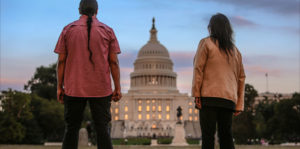
If the current push by some in Congress to abolish anything critical of America’s history is a surprise to you, watching Oyate will demonstrate that it’s part of a centuries-long tradition of marginalizing, sequestering, or outright silencing oppositional voices from those whose land on which we now stand. This ambitious documentary, directed by Emil Benjamin and Brandon Jackson, pulls together the stories of brutality on, injustice for, and neglect of America’s Indigenous people that culminates around the #NoDAPL protest against the Dakota Access Pipeline.
The recent film End of the Line focused on the female voices leading the charge (many of whom also appear here) and the project’s immediate impact on local tribes and families. The film widens its lens to look at the historical mistreatment of withdrawn treaties and broken promises from the colonized government to the native people. It’s of no small consequence that the film is released in the same month that marks the 146th anniversary of the “Battle of Little Bighorn,” in which Lakota, Northern Cheyenne, and Arapaho tribes, led by Chief Crazy Horse and Chief Gall, successfully fought back attacking cavalry soldiers. The weapons may have changed, but the battle remains.
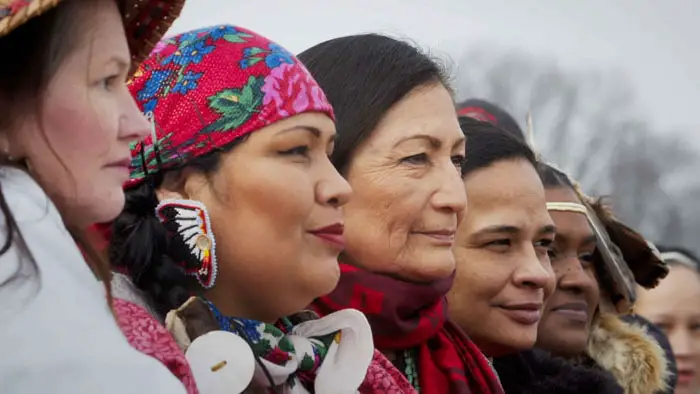
“…look at the historical mistreatment of withdrawn treaties and broken promises from the colonized government…”
Benjamin and Jackson have compiled a trove of archival footage of historical grievances in Oyate, as well as including many modern native voices, including activist, attorney, and politician Chase Iron Eyes, current Secretary of the Interior Deb Haaland, North Dakota Representative Ruth Buffalo and the late activist LaDonna Brave Bull, considered to be the matriarch of the water protection movement. While the first half documents the multitude of colonized wrongdoings, the second settles on the Dakota Access Pipeline protests. The filmmakers show the escalation from an act of peaceful resistance by the Indigenous people to one in which the brutality of the U.S. government was on full display as they forcefully attempted to grab the land and claim it as their own.
While widely documented on nightly news coverage during the height of the #NoDAPL protest, Benjamin and Jackson use their footage to follow the various threads that wove together to create this blanket of resistance. The request from the residents was a simple one: access to clean drinking water. But starting with President Obama and followed by Trump, the governmental assistance went from slight to nonexistent in pursuit of extracting oil for profit. The movement garnered a number of non-Indigenous support, from actors such as Mark Ruffalo to U.S. Veterans led by Wes Clark Jr., whose presence attracted media that captured some of the brutality against peaceful protestors.
The passion of the filmmakers (or its subjects) cannot be denied, but the first half of Oyate is a flood of information that cries out for a longer format to explore all of its evidence adequately. It begs for a more lengthy, episodic structure to further explore how the country has routinely disregarded its citizens over centuries. But, of course, any spotlight brought to the systemic mistreatment and marginalization of this America’s original inhabitants is worthy of attention.
For screening information, visit the Oyate official website.
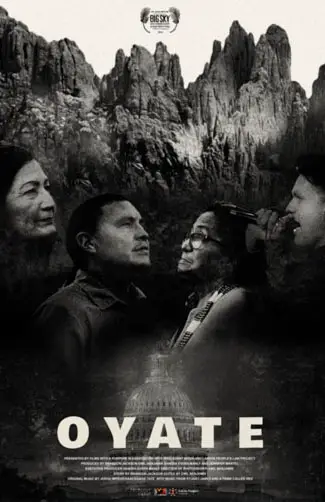
"…worthy of attention."
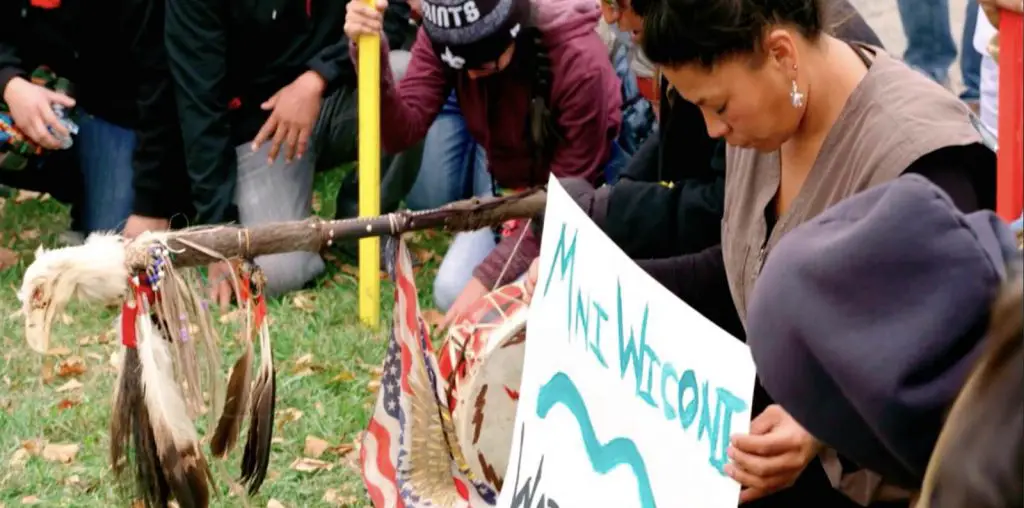
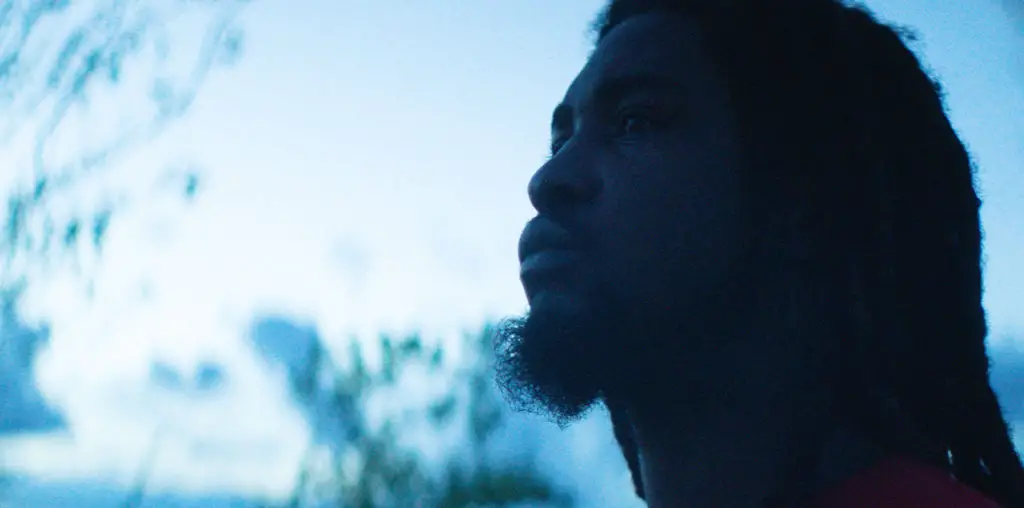
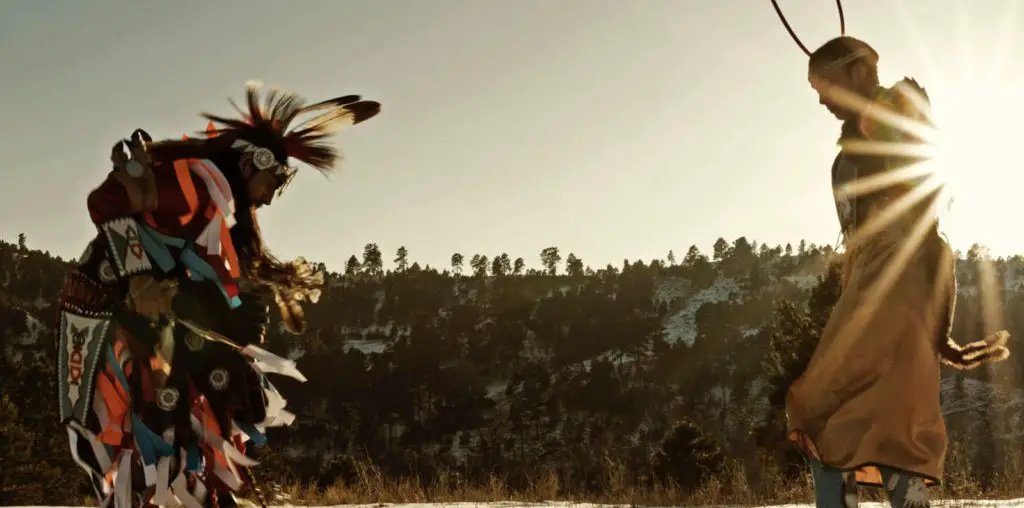
[…] Supply hyperlink […]